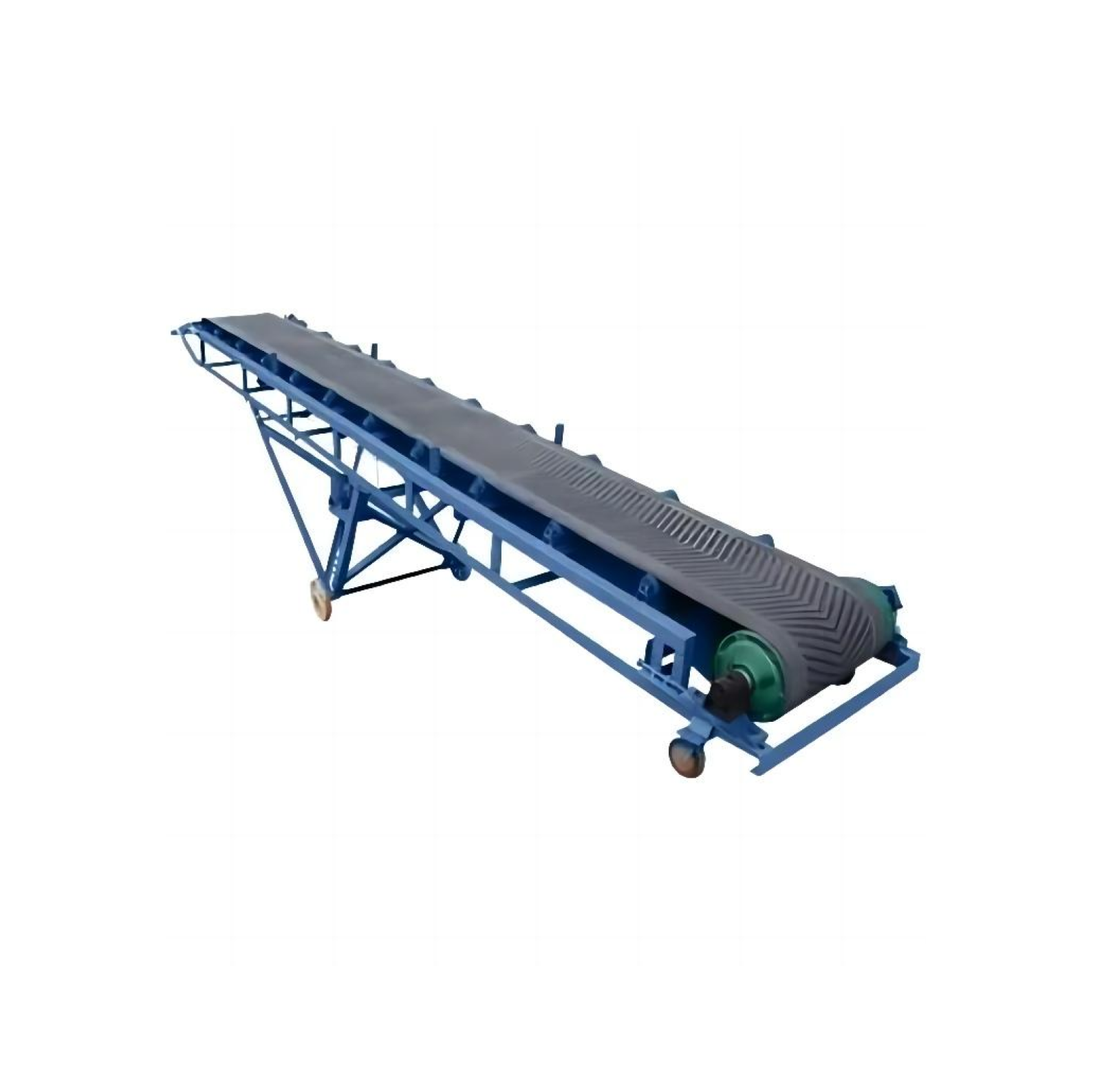
In modern industrial production, conveyors, as one of the key equipment, play an important role in improving efficiency and reducing costs. However, choosing an industrial conveyor that suits your business needs is not an easy task. This article will provide you with professional advice on choosing industrial conveyors from multiple perspectives, helping you make wise and demand-oriented decisions in the market.
The first step in choosing an industrial conveyor is to understand the application environment. This includes key factors such as workload, material type and conveying distance.
For example, our industrial dryers are suitable for high temperature and high humidity working environments, while mobile belt conveyors excel in conveying large or irregular materials.
Workload is an important parameter that must be considered when choosing a conveyor. You need to know the maximum weight that the conveyor needs to carry. This will directly affect the selection of the machine and the choice of materials.
Different types of materials require different types of conveyors. When choosing a conveyor, be sure to consider the characteristics of the material, such as particle size, shape, humidity, and temperature. These factors will affect the operating efficiency and life of the equipment.
Next, we need to determine the type of conveyor. Common conveyor types on the market include belt conveyors, roller conveyors, and screw conveyors. According to different industry needs, you can choose the most suitable type.
Suitable for most material transportation, especially granular materials, and has good flexibility and adaptability.
Usually used for the transportation of heavier materials, suitable for high-frequency sorting and handling work.
Suitable for vertical transportation of powdered or granular materials to ensure that the materials are not damaged during transportation.
Durability and maintenance cost of equipment are also important factors affecting selection. Long-term operational stability means that you can reduce the frequency of replacement and reduce operational interruptions.
At the same time, considering the maintenance cost, choosing equipment that is easy to maintain and repair will help save long-term expenses.
In modern manufacturing, energy efficiency is one of the keys to improving competitive advantage. Choosing energy-efficient equipment not only helps companies reduce operating costs, but also conforms to the trend of environmental protection.
Through the evaluation of application environment, equipment type, durability and energy efficiency, companies can effectively select the industrial conveyor that suits them. Reasonable selection of conveyors will improve production efficiency, reduce operating costs, and ensure the long-term stable operation of equipment.
For more information about industrial conveyors, please check out the following related equipment:



